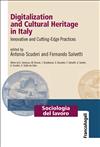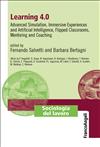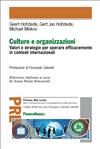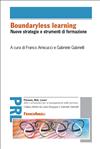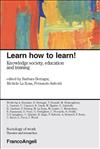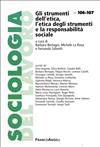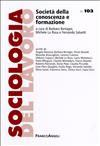Knowledge governance and surroundings: managerial work forthcoming future
How can we manage knowledge, human and intellectual resources, cognitive and behavioral dynamics at their best within the corporations? Why are there always more managers encouraging and promoting not only activities like knowledge mapping, but also organizational dialogs and narrations? How do we create and manage, in a flexible and dynamic way, corporation knowledge and specific resources? In other words, is it possible to plan a corporation able to be flexible, elastic and creative as well as a well-trained human mind? The main challenge is to use the missing knowledge, often incomplete and contradictory, owned by a single man and globally not available to anyone. Nowadays, successful corporations generally are the ones that are able to perform with more effectiveness than others gathering, storing, distribution and use of
information. We know that technology unassisted cannot grant the best use of human and intellectual resources and that the main key factor for a full knowledge and abilities employment is the strengthening of an organizational culture, useful to promote and support the knowledge and competencies sharing.
The knowledge economy asks for flexible organizational functioning models, always customer and quality control oriented, founded on an intense use of knowledge. The oncoming managerial work will increasingly imply the human and intellectual resources development: the creation of an organizational knowledge, abilities, competencies and knowledge development and management in order to spread them inside/outside the corporations and translate them into products, services and systems. The article is a critical reflection on pratique gouvernementale, in favor of the minimal governance, as a functioning principle of knowledge governance within corporations investing on training, competencies development, human resources development management system and tools, knowledge management and surroundings. The knowledge driven corporation is a cognitive and social dimension qualified by continuously evolving processes, where to know doesn’t mean recognize, being it learning something given that is outside us,
but rather cover the multiple ways of worldmaking which allow to create and build not only new products, but new ways of acting and thinking, therefore, new horizons and awareness possibility within limits and shapes granted by the organizational structure in which we are working.
